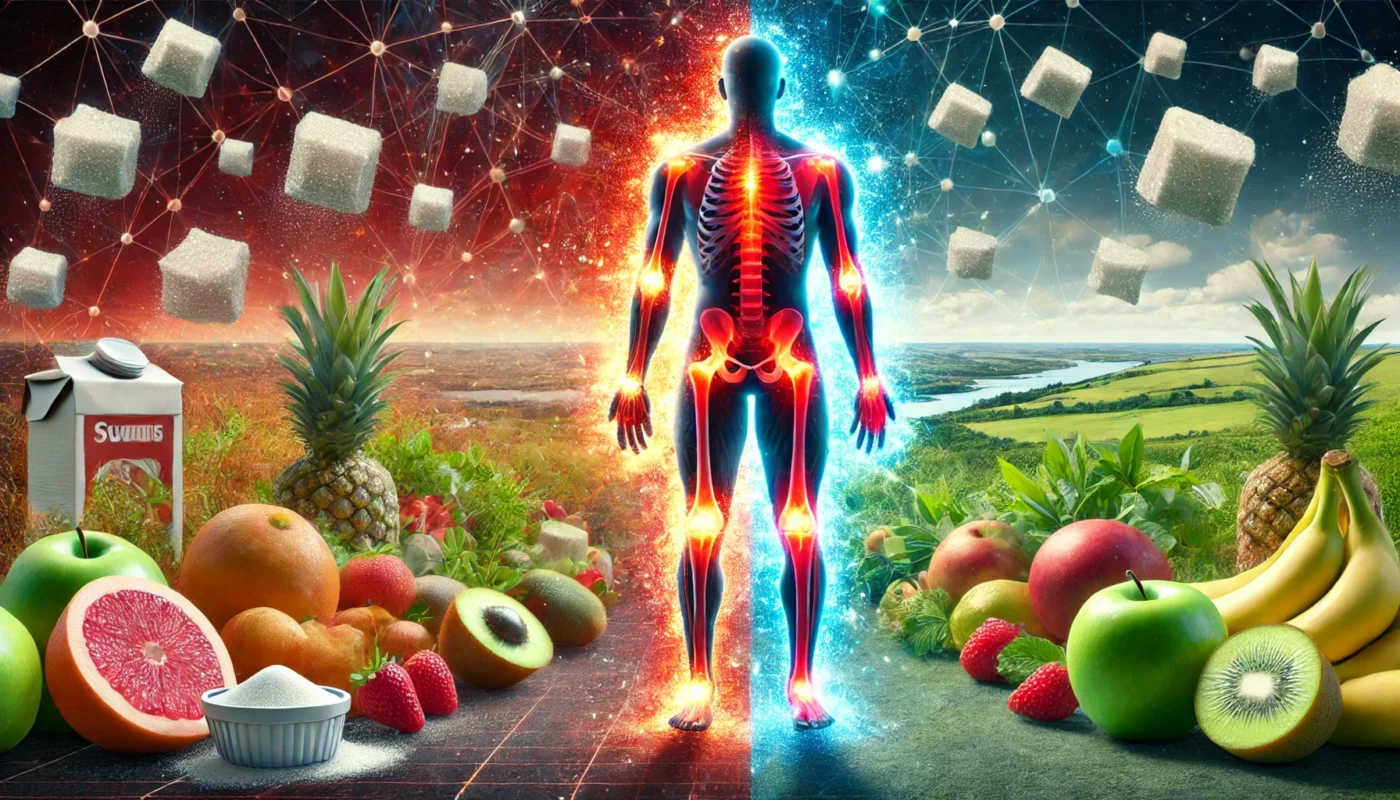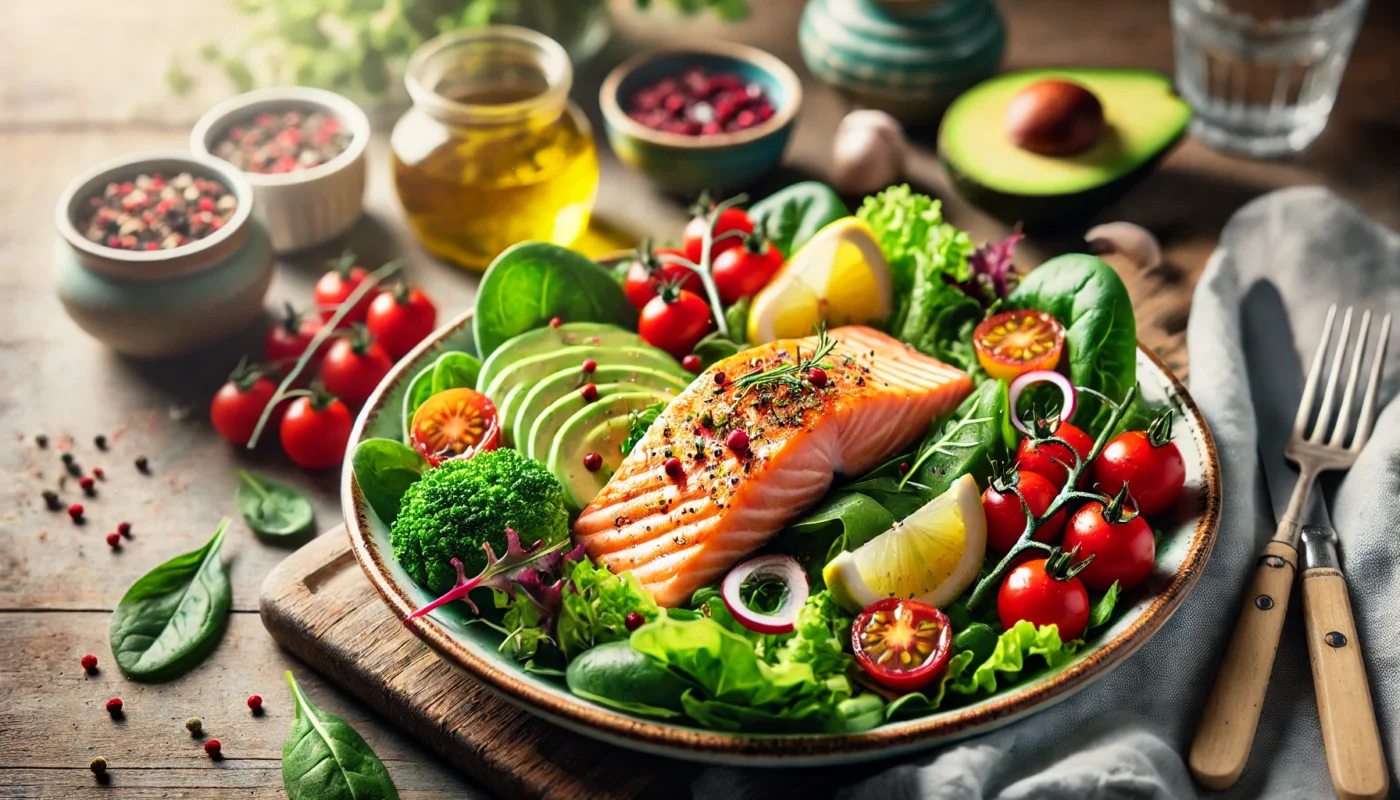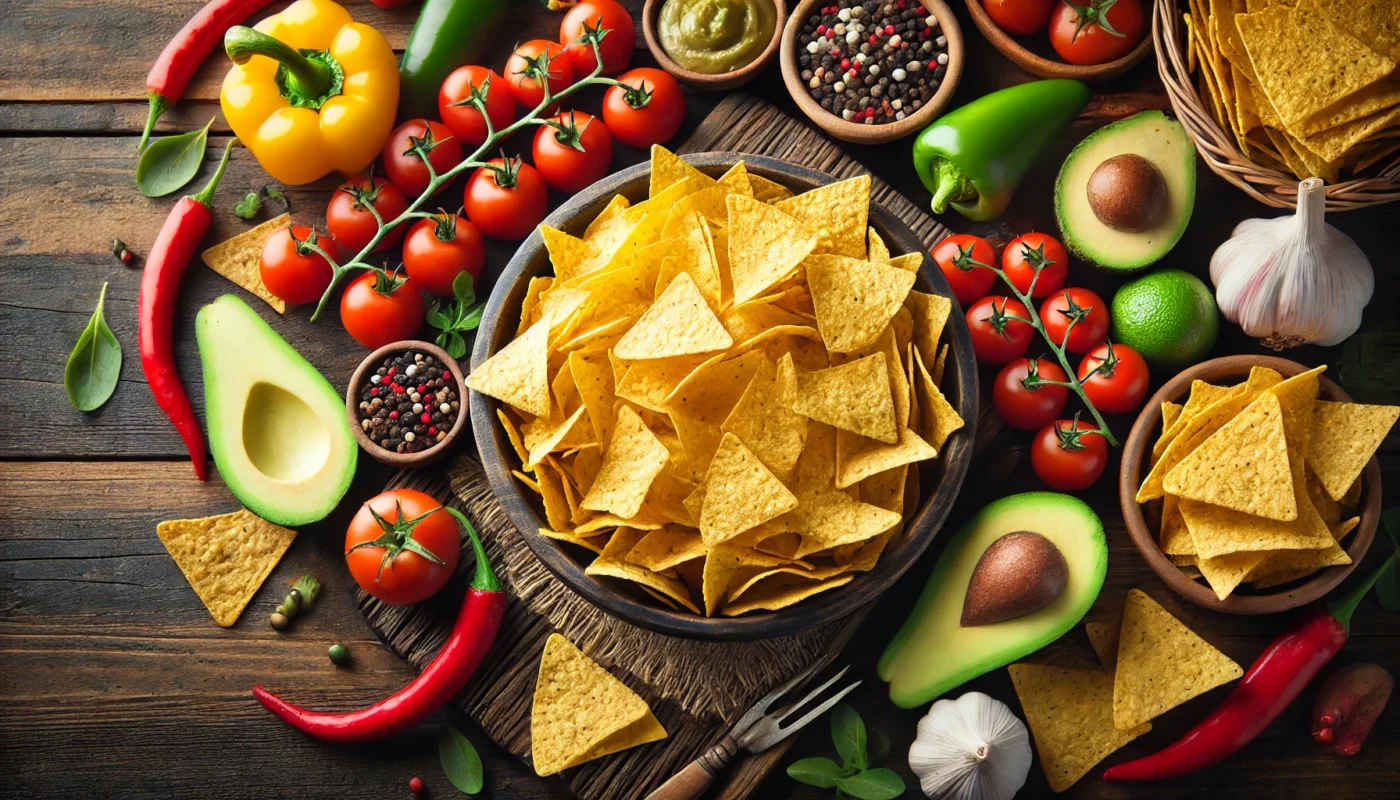Arthritis is a common health concern. It’s characterized by joint pain and inflammation.
But what if your diet could influence these symptoms? Specifically, could reducing sugar intake help alleviate arthritis pain?
This is a question many are asking. The connection between diet and health is well-established. Yet, the link between sugar and arthritis is less understood.
In this article, we delve into this topic. We explore the scientific research behind sugar consumption and arthritis. We aim to make this complex information accessible and practical.
We’ll examine how sugar, particularly from soda and processed foods, might exacerbate arthritis symptoms. We’ll also discuss the potential benefits of a sugar-free diet for arthritis sufferers.
Our goal is to provide you with a comprehensive guide. We want to empower you with knowledge and practical strategies.
Whether you’re a fitness enthusiast, a health enthusiast, or a medical patient, this article is for you. Let’s explore how dietary changes could potentially improve your health and wellbeing.







